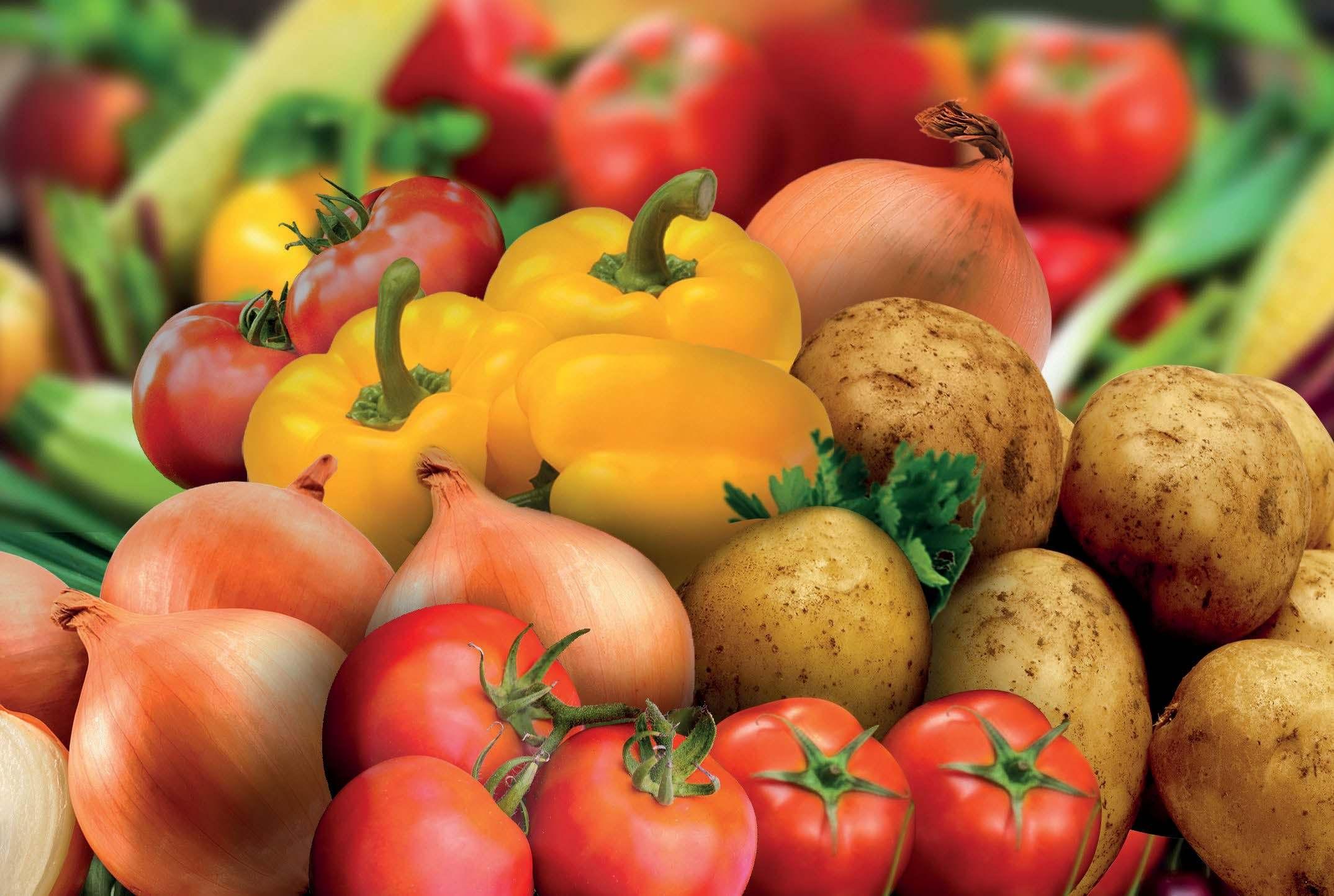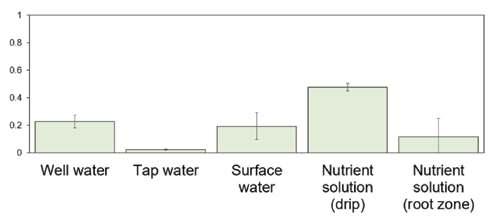
4 minute read
Iodine the new essential micronutrient
In ground breaking research work, the presence of iodinated proteins in higher plants has been described and for the first time 82 iodinated proteins have been identified** .
Based on scientific phenotyping, genomics and protein studies, it is shown that plants need iodine for leaf and root growth, efficient photosynthesis (the plant’s factory), timely flowering, increased seed production, stress resistance along with increased yield and better harvest quality.
Many areas have deficient levels of iodine in both soil and water which will lead to reduced crop quality and yield.
SQM International are now introducing an iodine enriched potassium nitrate (Ultrasol®ine K Plus*). It has been well proven to be safe and effective for growers to apply the necessary iodine in conjunction with the plant’s nitrogen and potassium requirements, enhancing both yield, quality and return on investment benefits. These trials can be viewed on: https:// sqmnutrition.com/

The facts The iodine containing proteins are involved in important biological processes such as Rubisco for efficient photosynthesis in the leaves, peroxidase enzymes defending plants from biotic and abiotic stress and the ATP energy enzymes supplying energy for plant growth and nutrient transport.
Iodine is considered a micronutrient, as it is required in small quantities by plants. Not too little, not too much is very important. Typically, iodine is found in the oceans at an average concentration of 0,5 micromole iodine per liter of sea water. Rainwater, soil solution and irrigation water typically have iodine concentrations of less than 0,2 micromoles per liter of water.
Iodine is considered deficient in most countries around the world and as we know, iodine is essential in human nutrition too, for the effective function of the thyroid gland. Thus, in most countries table salt is fortified with iodine to meet the requirements in humans.
The optimal iodine requirement in a nutrient solution for plants has been found to be in the 5-10 micromole per litre range, in other words, in much higher concentrations than in the water examples mentioned in the previous paragraph. SQM’s Ultrasol®ine K Plus contains two essential plant macronutrients - potassium and nitrate nitrogen - and iodine from natural resources. Since potassium and nitrate nitrogen are applied in well-defined application rates, the product ensures that a well-defined range of iodine is applied as well. This makes it easy for the grower to maintain an effective and safe concentration of iodine in the root-zone. Ultrasol®ine K Plus will therefore prevent iodine deficiency in the crop, with-

Average concentration of iodine in water in micro/L, from 100 sources world-wide.
out the risk of application of excessive iodine.
Globally, SQM documented use by more than a hundred growers who had included the product in their nutrient solutions instead of the normal – iodine free – form of potassium nitrate. Growers’ experience confirms the benefit of iodine for improved root growth, above ground plant growth, photosynthesis, nitrogen conversion, tolerance to abiotic stress, flowering and fruit quality with less fruit rot and better shelf life.
In 34 farms located in nine countries, and including ten different crops, the circumstances allowed to compare Ultrasol®ine K Plus to potassium nitrate without iodine, in the same crop, of the same planting date and the same fertilizer programme. On average, 10% more marketable yield was recorded in the sectors using Ultrasol®ine K Plus. Crops included: tomato, lettuce, sweet pepper, cucumber, musk melon, sugarcane, pomegranate, papaya, banana and coffee.
Ultrasol®ine K Plus is shown to ensure an easy application of iodine to improve crop performance, leading to higher yield and quality for better revenues.
**Reg No K11316 Act 36/1947. Registration holder Sociedad Quimica y Minera (Africa)(Pty)Ltd N 130 g/kg, P 0 g/kg, K 379 g/kg,
Iodine (I) 1003 mg/kg
**All claims in this article can be substantiated with references which can be made available on request.
Disclaimer: The information herein contained is given to the best of SQM’s knowledge and is believed to be accurate. The conditions of your use and application of the suggested recommendations are beyond our control. No warranty is made as to the accuracy of any data or statements contained herein. SQM specifically disclaims any responsibility or liability relating to the use of the recommendations and shall under no circumstances whatsoever, be liable for any special, incidental or consequential damages arising from such use.
















